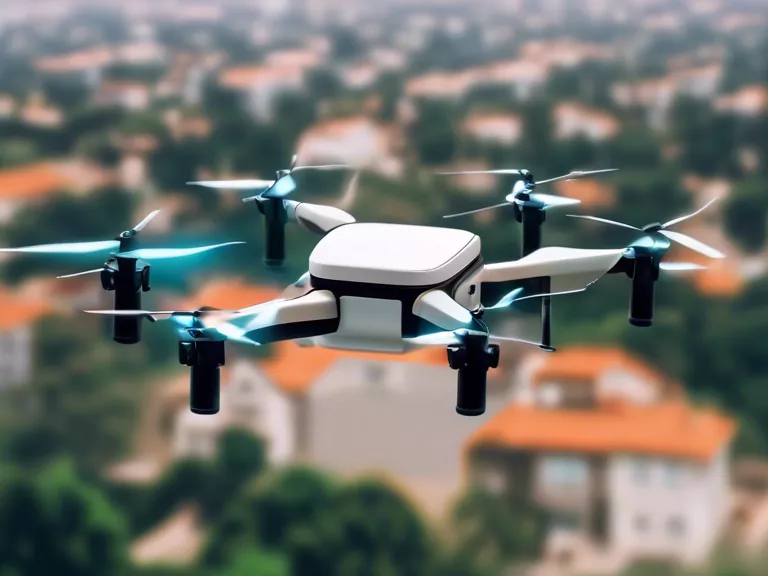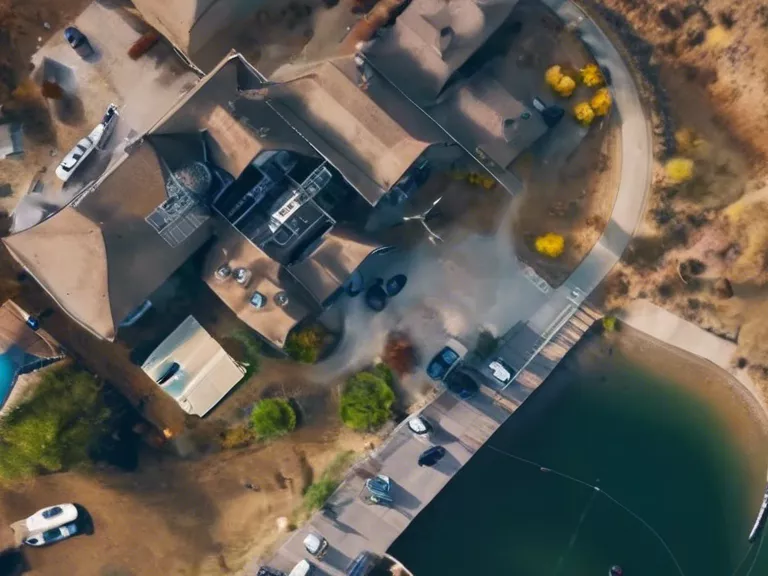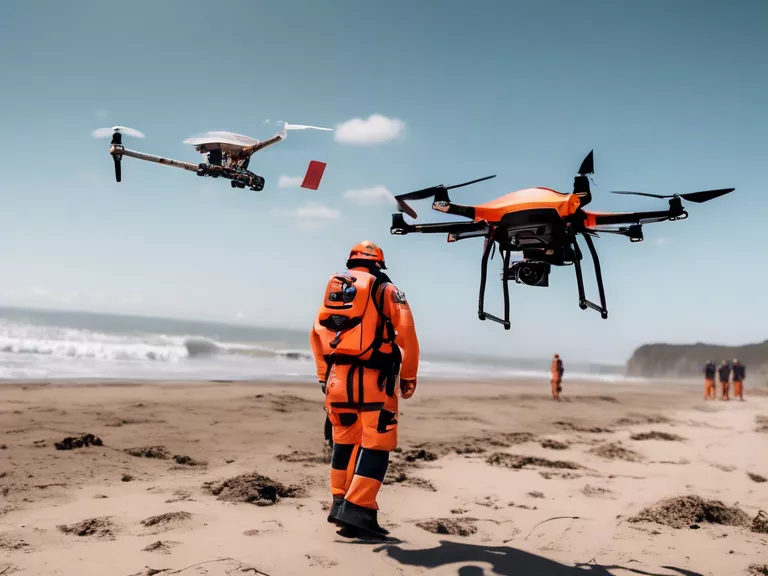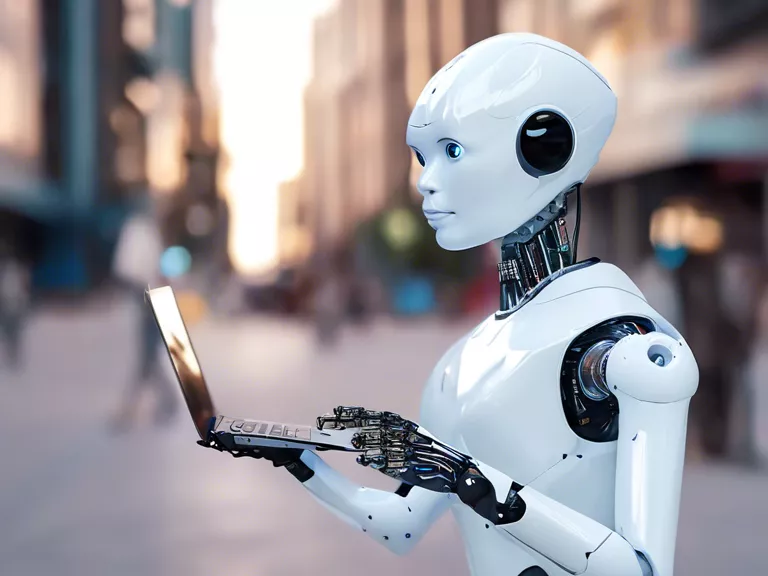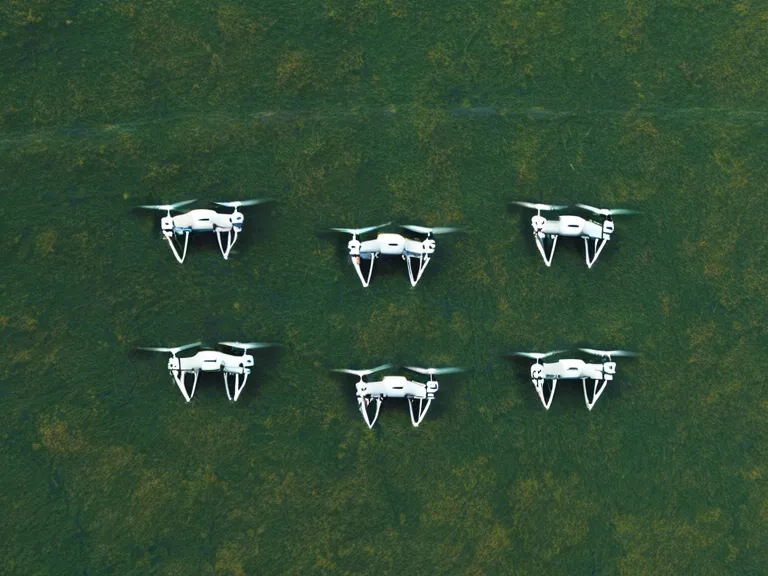
In recent years, the use of artificial intelligence (AI) has revolutionized many industries, and one area in which it has significantly impacted is drone technology. Drones, especially in large swarms, are being utilized for an increasing number of complex tasks, ranging from search and rescue missions to military operations. With the help of AI, these drones can now coordinate better than ever before, leading to more efficient and successful outcomes.
One of the key ways in which AI enhances drone swarm coordination is through improved communication and decision-making capabilities. AI algorithms can analyze vast amounts of data in real-time, allowing drones to react quickly to changing conditions and make decisions autonomously. This real-time decision-making enables drones to adapt to their environment, coordinate their movements with each other, and collaborate to achieve a common goal.
Furthermore, AI can also optimize the distribution of tasks among drones in a swarm. By considering factors such as battery life, distance to target, and individual drone capabilities, AI algorithms can assign tasks in a way that maximizes efficiency and ensures that each drone contributes effectively to the mission. This dynamic task allocation enables drone swarms to adapt to unforeseen circumstances and continue functioning even if a drone malfunctions or is taken out of commission.
Another way in which AI enhances drone swarm coordination is through increased awareness of the environment. AI-powered drones can use sensors and cameras to collect data about their surroundings, which is then analyzed to create a real-time map of the area. This map can be shared among the drones in the swarm, allowing them to coordinate their movements and avoid collisions. Additionally, AI can help drones detect and track targets more effectively, improving the accuracy and speed of their operations.
In conclusion, the impact of AI on enhancing drone swarm coordination for complex tasks cannot be overstated. By leveraging AI algorithms for communication, decision-making, task allocation, and environmental awareness, drone swarms can work together more efficiently and effectively than ever before. As AI continues to advance, we can expect to see even greater improvements in drone swarm coordination, opening up new possibilities for their use in a wide range of industries.
